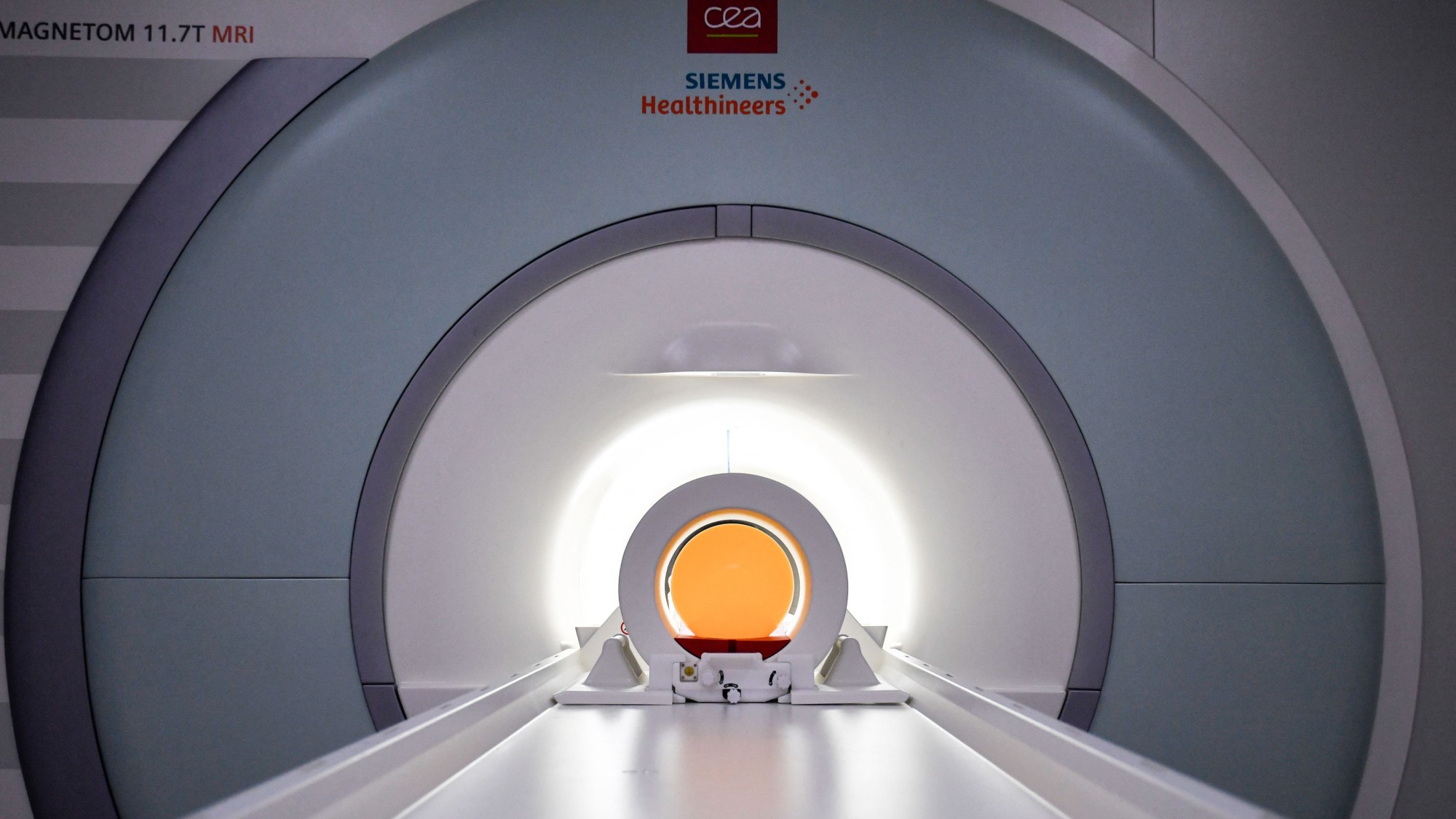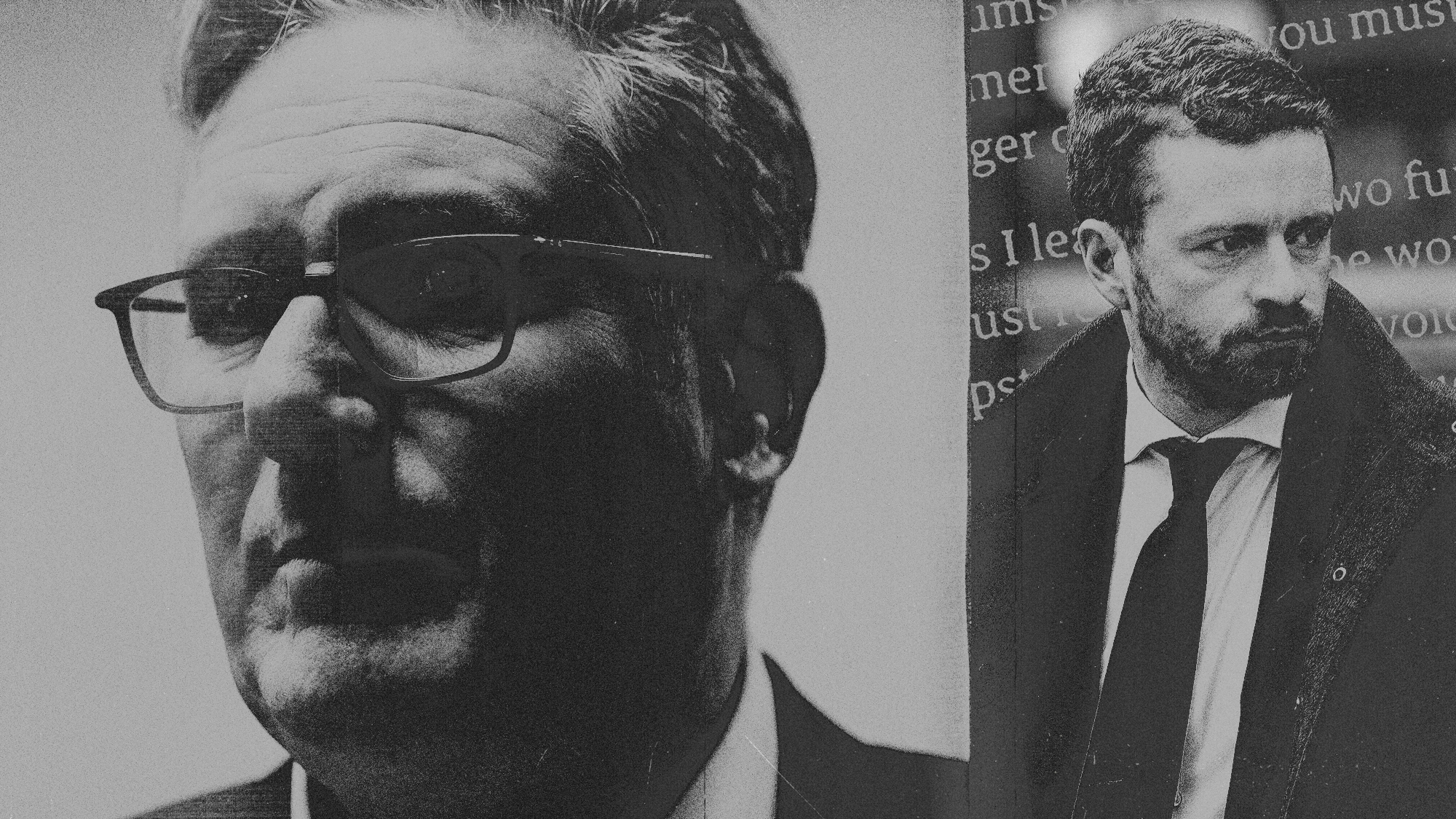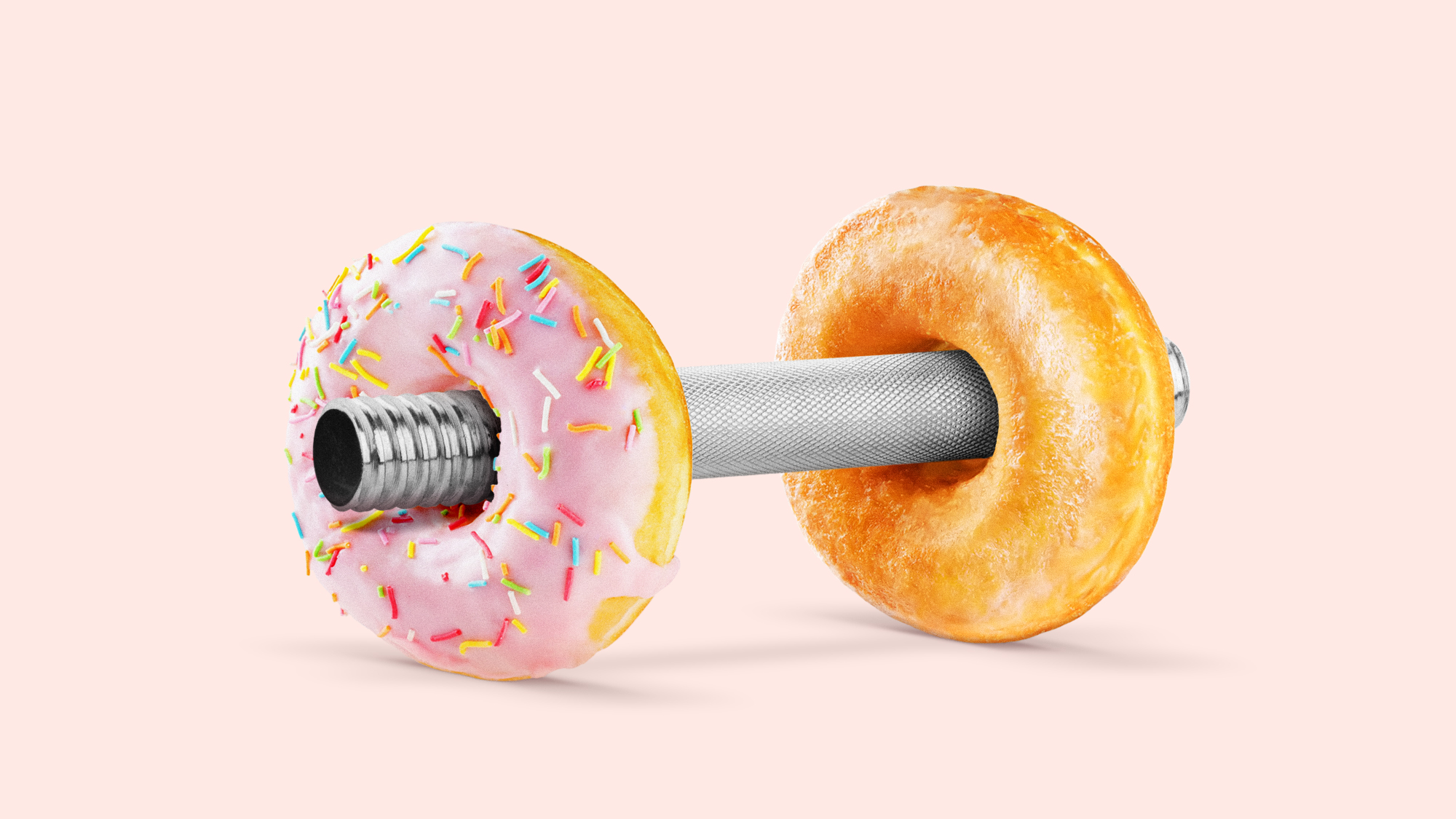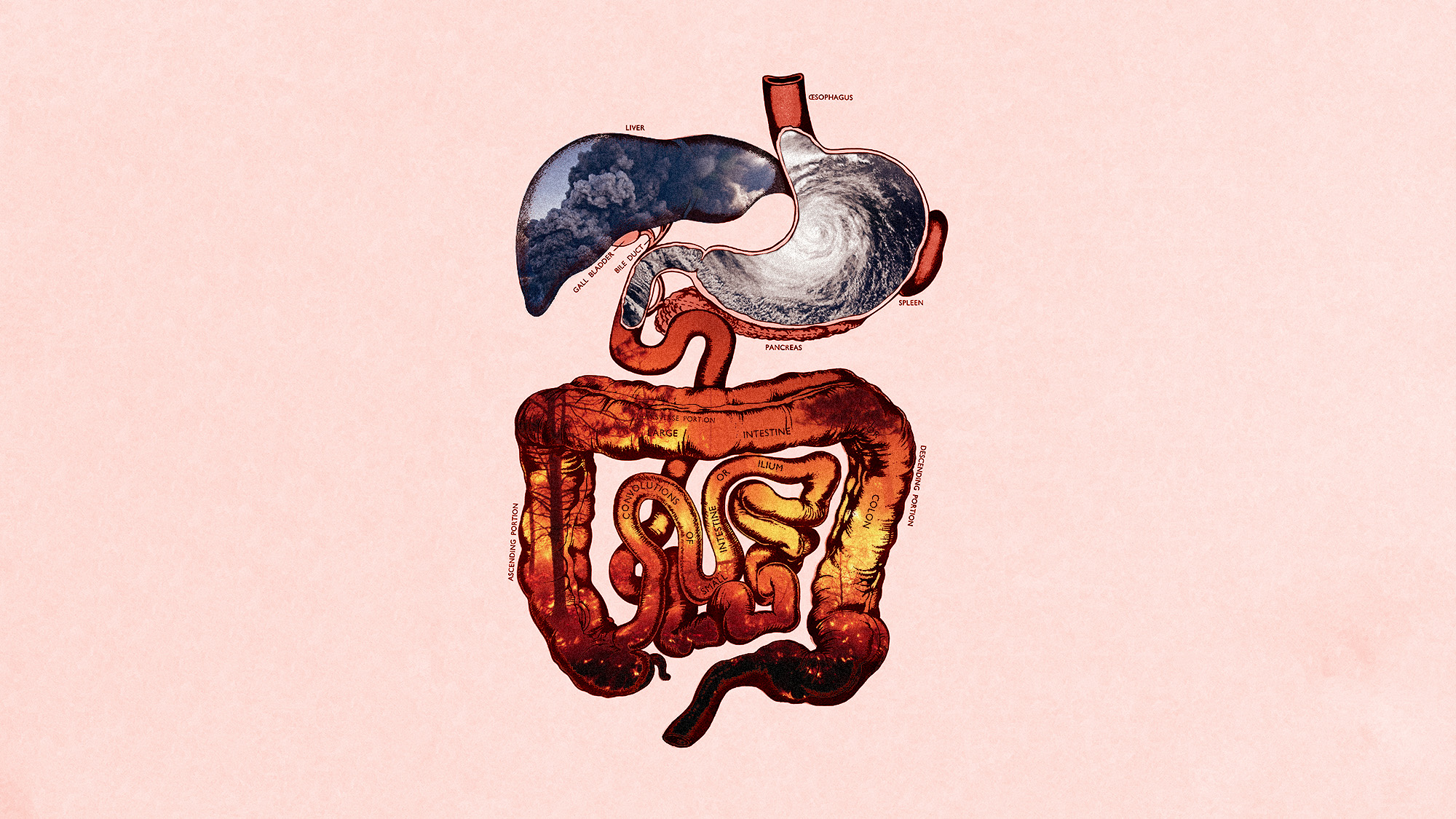Full-body scans: are Neko Health and the like more panic than panacea?
Hailed as the 'future of medicine' by some, but not all experts are convinced

A free daily email with the biggest news stories of the day – and the best features from TheWeek.com
You are now subscribed
Your newsletter sign-up was successful
"Money spent on maintenance is never wasted," said Financial Times innovation editor John Thornhill.
That is the basic rationale behind the latest trend in preventive medicine: full-body scans.
What's all the fuss about?
Unlike traditional CTs or MRIs of a specific part of the body, full-body scans image you from head to toe in only an hour, producing detailed anatomical analysis of organs, bones, muscles and blood vessels.
The Week
Escape your echo chamber. Get the facts behind the news, plus analysis from multiple perspectives.

Sign up for The Week's Free Newsletters
From our morning news briefing to a weekly Good News Newsletter, get the best of The Week delivered directly to your inbox.
From our morning news briefing to a weekly Good News Newsletter, get the best of The Week delivered directly to your inbox.
"Celebrities and influencers are holding them up as a pillar of preventive health to catch problems early on, wherever they're hiding – before they become hard-to-treat diseases," said Time magazine.
The latest is Neko Health, a Swedish start-up backed by Spotify founder Daniel Ek. Since it opened its clinic in London at the end of last year it has become "the hottest ticket" in town, said Gillian Orr in The Times, with a "waiting list of more than 100,000 people all desperate to try out what is being hailed as the future of medicine".
Described as a "full health MOT," the test costs £300, said Emilie Lavinia, The Independent's fitness and wellbeing editor. This "seems expensive for the average person" but "when you break down the cost of everything the Neko scan offers – mole mapping alone is usually fairly costly – it seems much more reasonable".
"This test provides millions of data points that you'd otherwise rack up a much higher cost testing individually."
A free daily email with the biggest news stories of the day – and the best features from TheWeek.com
"The idea we had was very simple," Neko co-founder and chief executive Hjalmar Nilsonne told The Guardian. Given that "70% of healthcare costs are tied to chronic diseases, which are largely preventable or can be greatly delayed by early interventions", we needed to "create a new category of medical device that could collect people's medical information very cheaply and conveniently, then we could start tracking it across time".
What do doctors think?
"Most medical experts are more wary", said Time.
Cost aside – prices of full body scans range from several hundred to several thousand pounds per appointment – "while they give a good basic overview of your anatomy, they don't optimise the view of each organ or system," said Adam Taylor, director of the Clinical Anatomy Learning Centre, Lancaster University, on The Conversation.
It is like looking at a city from a distance, said Dr Heide Daldrup-Link, professor of paediatric oncology at Stanford, told Time. "You might always find a high-rise building, but you won't find a spider."
It is "important" to also note, said Taylor, "that MRI scans cannot detect most preventable diseases" such as heart disease, high blood pressure, high cholesterol and diabetes, which are responsible for most deaths.
On top of that, "there have been some accusations that these private health checks actually burden the NHS because people then unnecessarily bother them with some small piece of information that is picked up in a scan", said Orr.
So is it worth it?
"Absolutely", said Fleur Fruzza in Harper's Bazaar. "I found taking a proactive approach to my health both reassuring and responsible", and "the data supports this".
According to data from Neko's first year of operation in Stockholm – during which it scanned 2,707 people aged 18 to 81 – 14% required further medical attention or monitoring, and in 1% of cases, patients received potentially life-saving interventions.
It may be true that Neko's scans are "not designed to detect many medical conditions" and "in better-resourced public healthcare systems, most of the tests "would be routinely offered", said the FT's John Thornhill.
But "it is always a worthwhile exercise to step out of your daily routine and check in on your body".
-
 Political cartoons for February 9
Political cartoons for February 9Cartoons Monday's political cartoons include 100% of the 1%, vanishing jobs, and Trump in the Twilight Zone
-
 Who is Starmer without McSweeney?
Who is Starmer without McSweeney?Today’s Big Question Now he has lost his ‘punch bag’ for Labour’s recent failings, the prime minister is in ‘full-blown survival mode’
-
 Hotel Sacher Wien: Vienna’s grandest hotel is fit for royalty
Hotel Sacher Wien: Vienna’s grandest hotel is fit for royaltyThe Week Recommends The five-star birthplace of the famous Sachertorte chocolate cake is celebrating its 150th anniversary
-
 Stopping GLP-1s raises complicated questions for pregnancy
Stopping GLP-1s raises complicated questions for pregnancyThe Explainer Stopping the medication could be risky during pregnancy, but there is more to the story to be uncovered
-
 Tips for surviving loneliness during the holiday season — with or without people
Tips for surviving loneliness during the holiday season — with or without peoplethe week recommends Solitude is different from loneliness
-
 More women are using more testosterone despite limited research
More women are using more testosterone despite limited researchThe explainer There is no FDA-approved testosterone product for women
-
 Climate change is getting under our skin
Climate change is getting under our skinUnder the radar Skin conditions are worsening because of warming temperatures
-
 Food may contribute more to obesity than exercise
Food may contribute more to obesity than exerciseUnder the radar The devil's in the diet
-
 Is that the buzzing sound of climate change worsening sleep apnea?
Is that the buzzing sound of climate change worsening sleep apnea?Under the radar Catching diseases, not those ever-essential Zzs
-
 Deadly fungus tied to a pharaoh's tomb may help fight cancer
Deadly fungus tied to a pharaoh's tomb may help fight cancerUnder the radar A once fearsome curse could be a blessing
-
 Climate change can impact our gut health
Climate change can impact our gut healthUnder the radar The gastrointestinal system is being gutted